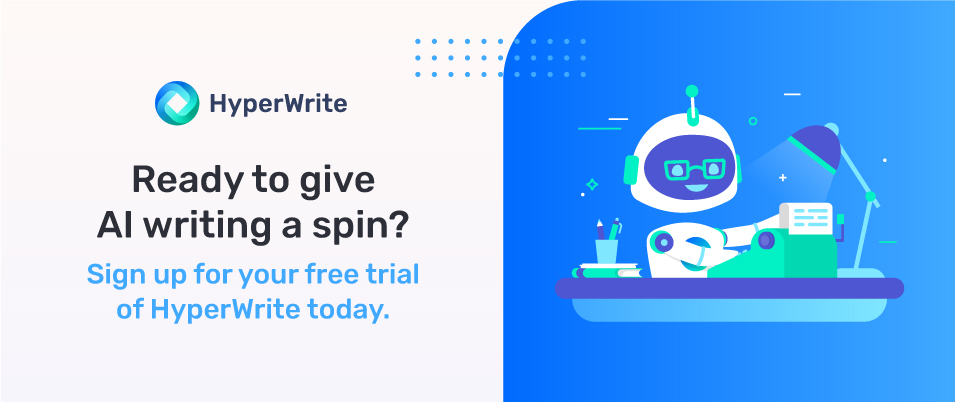Stories are at the heart of any writer’s career. They keep creators going, motivated, inspired.
However, with all the recent talk about AI taking over and writers of all genres worrying about the future of their careers, it’s left us wondering whether AI writing stories (especially fictional stories) is something to worry about.
Let’s face it – AI isn’t going anywhere.
Studies show the global artificial intelligence market is expected to reach $267 billion by 2027.
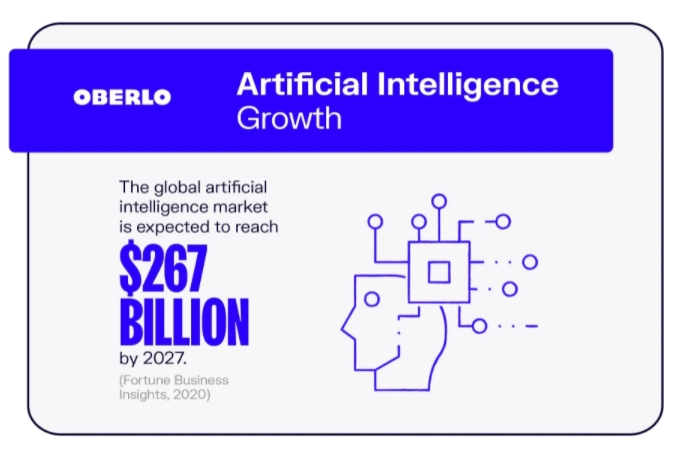
Source: Oberlo
But what does that mean for creative writers?
Can AI be used to write stories?
Are authors at risk of losing their jobs?
We’ve got the details you need to know.
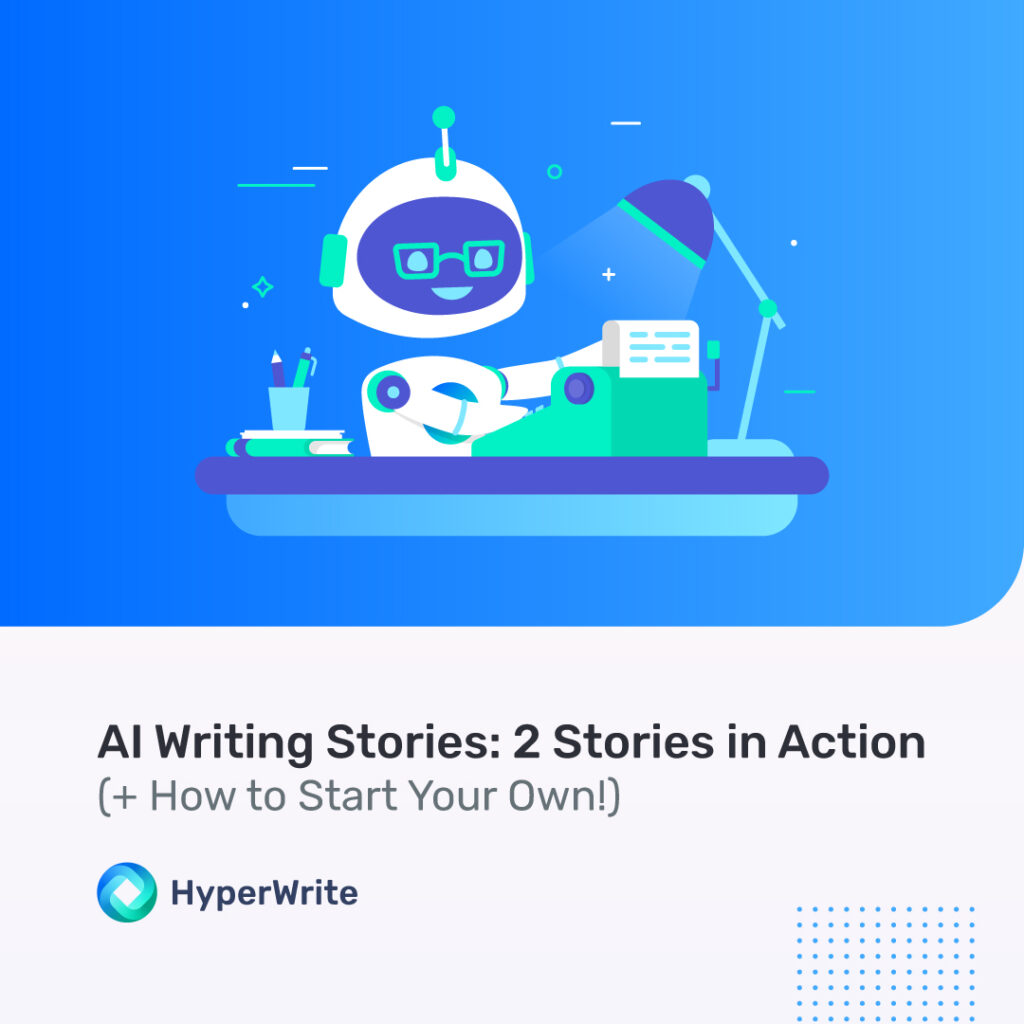
AI Writing Stories: Yes – It’s a Real Thing
At first, you might think that writing a story using AI is a little crazy or even impossible.
As a writer, you know story writing is a pretty complex task.
From crafting characters to writing the perfect ending, it’s not something that can be easily automated.
Yet – AI writing stories is already a reality.
According to Publisher’s Weekly, a survey including 352 individuals showed that AI researchers believe artificial intelligence will write bestselling novels within the next 20 years.
In fact, it’s currently a popular tool used by creative writers during the annual National Novel Writing Month (NaNoWriMo) contest. This event encourages writers to use the month of November to write 50,000 words – helping them jumpstart their next great piece of fiction/non-fiction work.
While AI writing has proven to be an amazing tool to help jumpstart writer productivity, we also know that it doesn’t come without its pitfalls.
So, is AI writing stories a viable option for creatives?
AI Is Already Being Put to Use: 2 Examples of AI-Generated Books
Yup – you read that right.
AI technology is being put to good use in more industries than you realize.
Not only is it an amazing tool for those in the tech and marketing industries, but authors are using AI writing for stories across genres.
For example, Sigal Samuel, author of the novel, The Mystics of Mile End, spoke about her experience with AI in a piece on VOX in 2019. After its initial release, GPT-2 had many wondering just how good it could be for the creative writer, so Samuel decided to test it out as a means of overcoming her writer’s block.
After inputting some text herself (which is indicated in bold), the generator tool spit out the following:
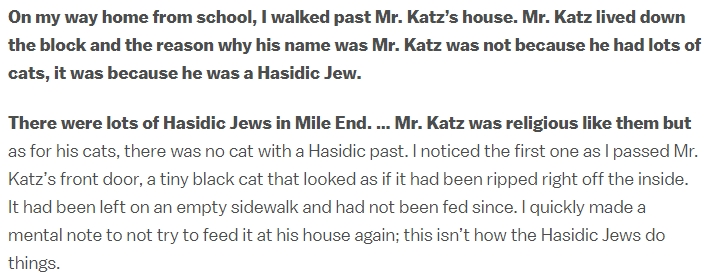
Source: Vox
Samuel stated that this generated text was “almost something” her character would say – except that it was “definitely funnier.”
OK – So AI is a great tool for fighting through writer’s block! But can it create an entire book? Here are two examples of AI written stories that have been published:
1. Dinner Depression — Julia Joy Raffel
Dinner by Depression by Julia Joy Raffel is a book that was written entirely with AI.
According to Medium, this piece was developed entirely by machine learning. However, it’s not the shining example that most would turn to when explaining just how great AI writing for stories can be.
Here’s the book’s blurb directly from Amazon:

Source: Amazon
Not the easiest thing to digest – by a longshot!
But does that mean AI story writing is dead in the water? Oh, no.
2. Lithium-Ion Batteries: A Machine-Generated Summary of Current Research — Springer Nature
In 2019, research publisher Springer Nature published what it calls the first-ever AI-generated textbook.
This 278-page publication is a summary of peer-reviewed papers published on lithium-ion batteries. The first 30 or so pages discuss why Springer Nature decided to use AI in the research and writing of this book.

Source: Springer Nature
After the disaster of a book blurb seen in the previous example, just how well did Springer Nature fair when it came to its AI generations?
Their text is nothing like that of Dinner Depression, and it’s pretty exciting:
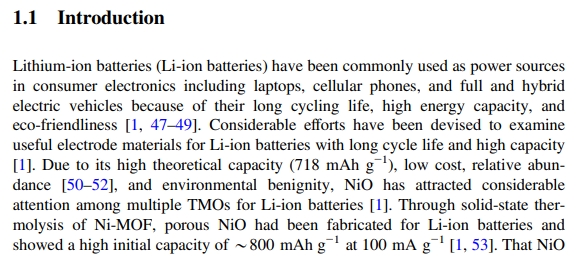
Source: Springer Nature
Clearly – there is hope for AI writing, but does it only function correctly with non-fiction topics? Or can it be put to good use for those who write fiction as well?
AI-Written Stories Are a Possibility
While the idea of AI writing stories seems almost too good to be true (and often is), we can see how it can be used successfully as a tool to help jumpstart creativity in the writing process.
For instance, as a creative writer, you know just how hard it can be to overcome writer’s block or write that first paragraph to kick off your story. So, we wanted to put our software to work and see if it could help us with that initial hurdle:
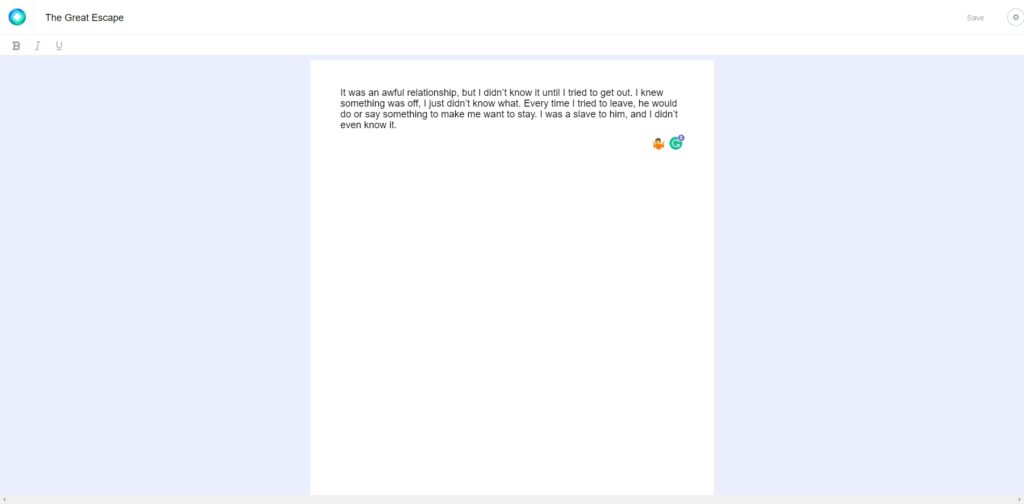
Not too shabby for an opening paragraph for a new piece – right?
So, we went ahead and let the AI continue writing to see where it would take the story. Unfortunately, it started to get pretty repetitive without some added guidance and quickly started churning out information that simply wasn’t going to hold a reader’s attention.
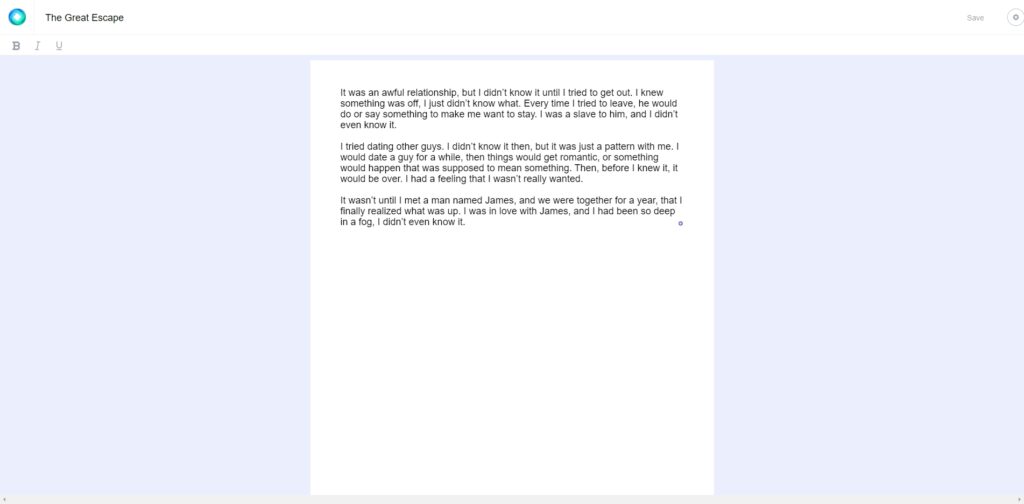
Not only that, but the content it was supplying was so rudimentary that it was clear that the software wasn’t able to understand what we wanted it to say. Should an avid reader get their hands on this, they would quickly dismiss it as junk – and we wouldn’t blame them.
It’s clear that AI technology for writing stories isn’t quite where it needs to be for those looking for a tool to completely write a novel from start to finish.
AI CAN Be Used in Writing Stories: Here are a Few Tips to Get You Started
The use of artificial intelligence in fiction writing is becoming more and more common. If you want to explore the use of AI in creative writing, here are a few tips to get you started:
Don’t Be Afraid to Give AI Something to Work With
Generators are heavily reliant on the type of text you give them to work with.
In our example, The Great Escape, we fed the generator the most basic concept we could come up with:
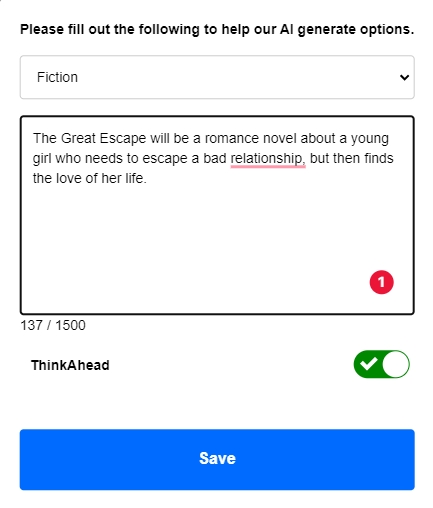
While it started the piece off with a nice attention-grabbing intro, the generator didn’t quite understand where to take the story from there – resulting in the repetitive, generic text.
That’s not to say that generative fiction doesn’t work – but it’s important to remember that you have to give the software something to work with.
So, we altered the input information that we supplied the HyperWrite generator to see if it would help produce something a little more interesting. Instead of the generic summary, we input the following:
“The Great Escape will be a romance novel about a young girl by the name of Brittany. The story begins by detailing her toxic relationship with her current boyfriend, James, and her journey to realizing just how toxic the relationship is. Once she decides to leave him for good, Brittany embarks on a life-changing journey to find herself, and in the process, finds love with a gentle soul by the name of Eric.”
The result? Much more satisfying!
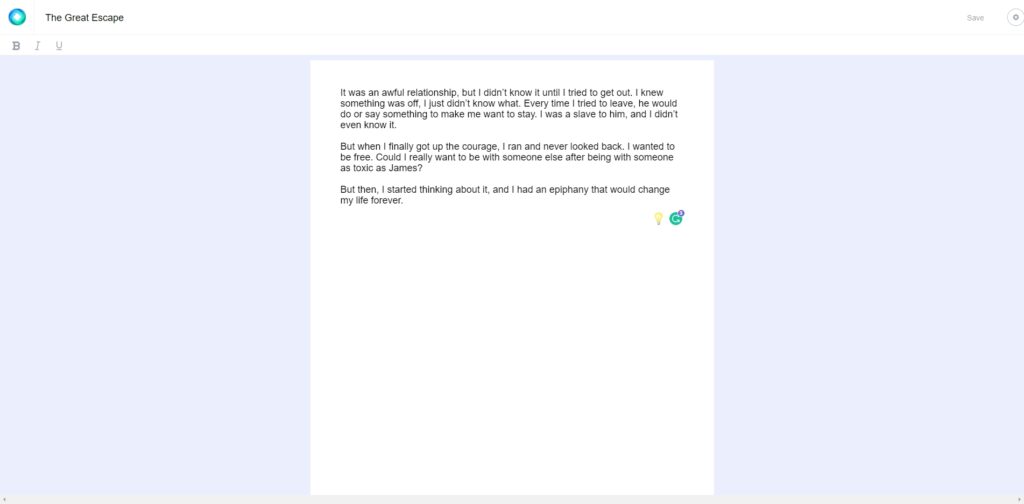
With a little direction, the AI generator helped us create a much more enticing opening that would surely capture the reader’s attention and leave them wanting more.
Don’t Let AI Write to a Dead End
As mentioned earlier, generative text is heavily reliant on the type of writing it is given to work with.
If the generator isn’t given direction, it can write itself into a corner and write nothing but nonsensical text. Essentially, we have to give the AI something to work with for it to deliver something useful.
It might just take you a few tries to get the generator to spit out something that you can work with, but don’t get discouraged if the first few attempts don’t work out.
Don’t Be Afraid to Take Control of the Writing
Many people get intimidated by the idea of working with AI. They view it as something that is too far removed and untrustworthy.
While this is true in some instances – not all applications of AI require you to just sit back and let the machine do its thing.
In fact, you should never do that. Not only are most AI models still incredibly biased, but also, they are not designed to supply a steady stream of quality content.
You need to take control of the narrative.
Otherwise you risk getting a piece of junk with no real entertainment value.
Instead, use the AI generator to help:
- Propel you through a creative block
- Generate prompts based on events that you have planned for the story
- Help you create an interesting and unique plotline
- Help make the writing process more efficient
- Revisit and update your outline
Authors Can Effectively Use AI Writing for Their Stories — and HyperWrite Can Help!
The use of AI in fiction writing is becoming more and more common, and when used correctly, can be an absolutely amazing tool for the creative writer.
The HyperWrite generator is a tool that can be used to help craft a novel from scratch or even update an outline you already have.
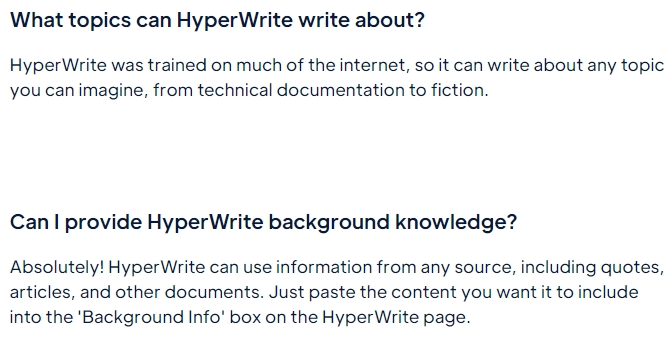
Leveraging the power that AI has to offer in writing can help you get the most out of your writing time.
If you want to explore the use of AI in creative writing, sign up for your free trial of HyperWrite today!
